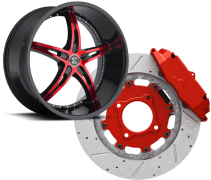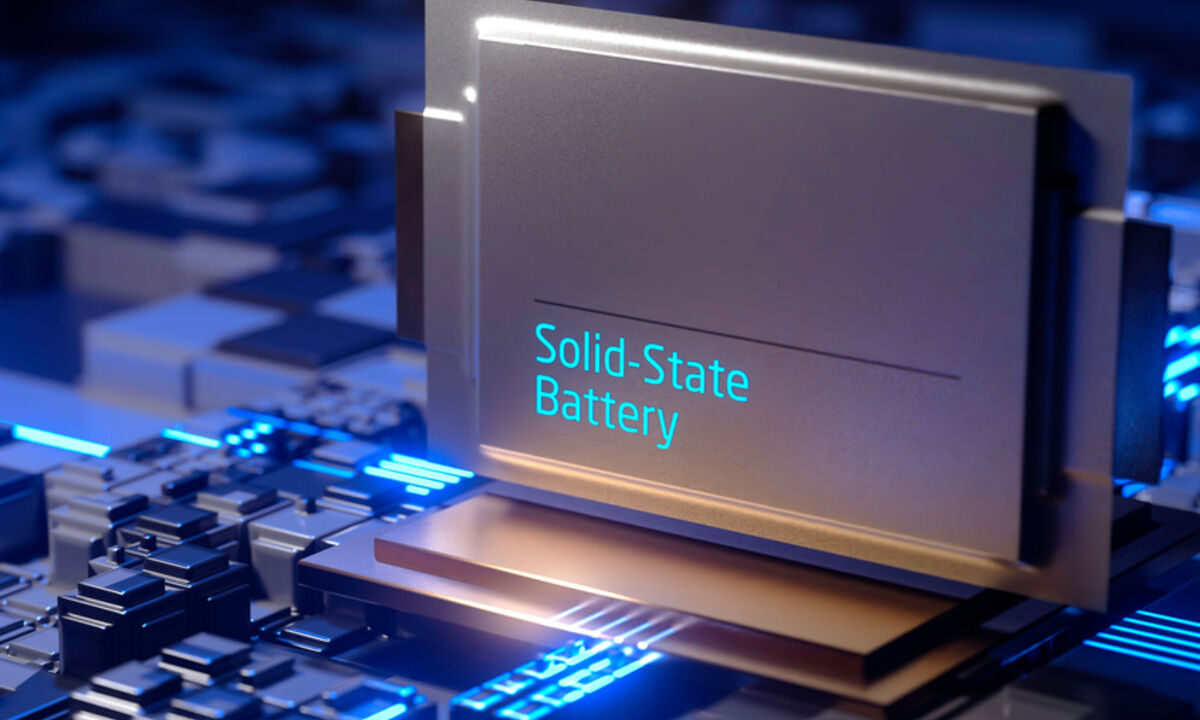As the demand for efficient, safe, and sustainable energy storage grows, solid-state battery development has taken center stage. This groundbreaking technology is reshaping industries from electric vehicles (EVs) to renewable energy, promising higher energy density, improved safety, and a reduced environmental footprint. Here, we explore the progress in solid-state battery research, key innovations, and the timeline for commercialization.
Understanding Solid-State Battery Technology
Solid-state batteries replace the liquid electrolyte found in traditional lithium-ion batteries with a solid electrolyte. This shift not only enhances energy density but also eliminates risks associated with leakage or combustion. Additionally, they support a broader temperature range and faster charging capabilities.
Key Benefits of Solid-State Batteries
- Higher Energy Density: Offers extended battery life and longer EV ranges.
- Enhanced Safety: Solid electrolytes are less prone to overheating or short circuits.
- Sustainability: Reduces reliance on rare materials like cobalt.
Breakthroughs in Solid-State Battery Development
Advanced Materials for Electrolytes
Researchers worldwide are experimenting with materials like ceramics, sulfides, and polymers to enhance conductivity and stability. For instance, sulfide-based electrolytes have shown promise for improving charge and discharge rates while maintaining safety.
Lithium Metal Anodes
Replacing conventional graphite anodes with lithium metal has been a significant breakthrough, increasing energy density. Companies like QuantumScape and Solid Power are leading this charge.
Cost Reduction Strategies
The current high cost of production is a barrier. However, advancements in manufacturing techniques, such as roll-to-roll processing, are expected to lower costs significantly over the next decade.
Global Leaders Driving Solid-State Battery Progress
North America
- QuantumScape: Based in California, the company has achieved significant milestones in cell design, aiming for commercialization by 2025.
- Solid Power: Collaborating with automakers like Ford and BMW, they focus on scalable solid-state solutions.
Asia
- Toyota: The Japanese automaker plans to integrate solid-state batteries into EVs by 2027, promising faster charging and improved performance.
- Samsung SDI: Progressing with polymer-based batteries to enhance EV adoption.
Europe
- Volkswagen: Invested heavily in solid-state technology to lead the EV market by 2030.
- Ilika: A UK-based company focusing on miniaturized solid-state batteries for IoT applications.
Challenges Facing Solid-State Battery Commercialization
Material Compatibility
Solid electrolytes can react adversely with lithium metal, causing degradation. Research is ongoing to develop stable interfaces.
Manufacturing Scale-Up
Transitioning from laboratory prototypes to mass production is complex, requiring significant investments in new facilities and technology.
Cost Barriers
Current solid-state batteries cost significantly more than lithium-ion batteries. Achieving cost parity will be critical for market acceptance.
Solid-State Battery Market Forecast
Experts predict a steady rise in adoption over the next decade. According to industry reports:
- 2025–2030: Initial commercial deployments in EVs and consumer electronics.
- 2030–2040: Mass adoption in transportation, grid storage, and portable devices.
| Year | Development Milestone | Market Impact |
|---|---|---|
| 2025 | Prototypes enter limited markets | Early adoption in luxury EVs |
| 2030 | Widespread adoption in EVs | Enhanced range and affordability |
| 2040 | Standard energy storage solution | Displacing lithium-ion technology |
Solid-State Battery Development: A Game-Changer
The transformative potential of solid-state battery development cannot be overstated. With better performance and a smaller environmental impact, this technology could redefine how we store and use energy across industries. From EVs to renewable energy storage, the possibilities are immense.
FAQs
What are the main advantages of solid-state batteries?
Solid-state batteries offer higher energy density, improved safety, and greater durability compared to lithium-ion batteries.
Which companies are leading solid-state battery development?
QuantumScape, Toyota, Solid Power, and Samsung SDI are among the key players.
When will solid-state batteries become widely available?
Experts predict initial commercialization by 2025, with widespread adoption by 2030.
What are the challenges of solid-state battery commercialization?
Major challenges include material compatibility, manufacturing scalability, and cost reduction.
How do solid-state batteries compare to lithium-ion batteries?
Solid-state batteries are safer, more energy-dense, and more sustainable but are currently more expensive to produce.
Can solid-state batteries be used for renewable energy storage?
Yes, their high energy density and safety features make them ideal for renewable energy applications.
Conclusion
The world is on the brink of a battery revolution, with solid-state battery progress offering a glimpse of a more sustainable and efficient future. As companies overcome challenges and scale up production, these batteries are poised to transform industries, from transportation to energy grids. Stakeholders must seize this opportunity to lead in innovation and drive global adoption.
Author Profile
Latest entries
 Knowledge2025-01-08Perovskite Solar Cells: A Revolutionary Technology for the Future of Solar Energy
Knowledge2025-01-08Perovskite Solar Cells: A Revolutionary Technology for the Future of Solar Energy Knowledge2025-01-08The Moore’s Law of Solar Power: How Economies of Scale Drive Solar Energy Costs Down
Knowledge2025-01-08The Moore’s Law of Solar Power: How Economies of Scale Drive Solar Energy Costs Down Event2025-01-062025 World Battery & Energy Storage Industry Expo (WBE) – Join the Global Energy Revolution
Event2025-01-062025 World Battery & Energy Storage Industry Expo (WBE) – Join the Global Energy Revolution News2025-01-05Saudi Arabia’s Trillion Push for Clean Energy: China’s Role in the Transformation
News2025-01-05Saudi Arabia’s Trillion Push for Clean Energy: China’s Role in the Transformation





















